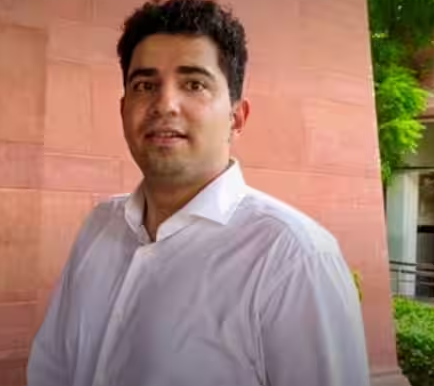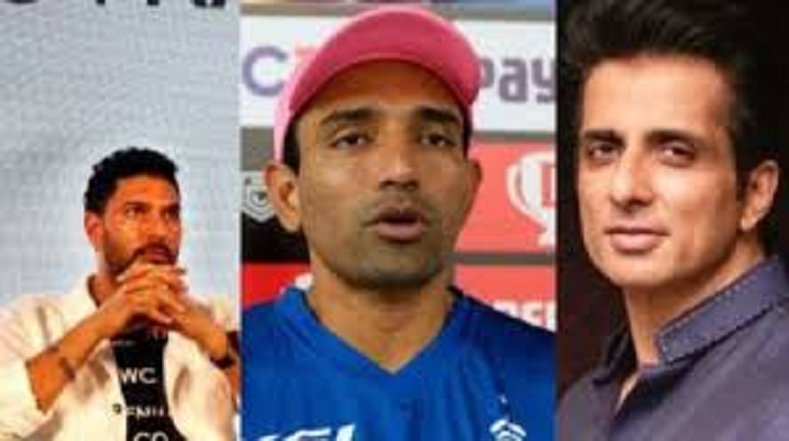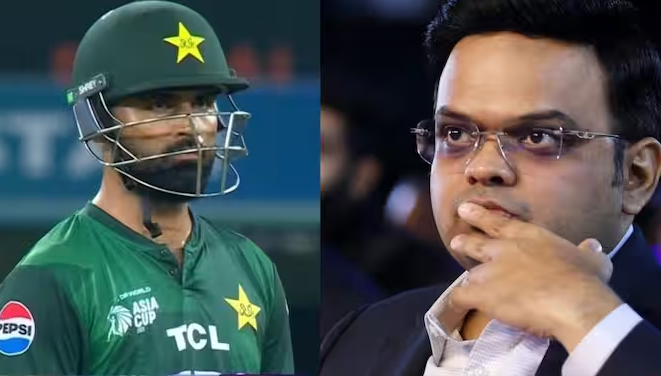Apologise on your YouTube channels, the Supreme Court issues strict orders to Samir Raina and 4 comedians for making fun of disabled people.
- bySherya
- 25 Aug, 2025

The Union Ministry of Information and Broadcasting said that it is going to make guidelines for such programmes. It will be ensured that comedy is done without hurting the dignity of any person.

Five people, including comedian Samay Raina, have tendered an unconditional apology in the Supreme Court in the case of a video mocking the disabled and people suffering from serious physical problems. The court has directed these people to apologise on their YouTube channel and other platforms as well and has also said that they should avoid such jokes in future and also make others aware through their programmes that they should not do so.
The court has exempted all five from personal appearance. Those who appeared as per the court's order include Samay Raina, Vipun Goyal, Balraj Ghai, Sonali Thakkar and Nishant Tanwar. During the hearing, the Union Information and Broadcasting Ministry said that it is going to make guidelines for such programs. It will be ensured that comedy is done without hurting the dignity of any person or group.
Who filed the petition?
According to an NDTV report, the bench of Justice Suryakant and Justice Joymalya Bagchi was hearing the petition filed by Cure SMA Foundation of India. This organization works for patients of spinal muscular atrophy and their families. In the petition, an objection was raised against making fun of disabled people or cracking jokes about them.
Make guidelines for comedians and influencers, the Supreme Court directs the Centre.
The Supreme Court linked this petition with the India's Got Talent show controversy, in which YouTuber Ranveer Allahabadia was also accused of making derogatory remarks on the show. Attorney General R Venkataramani, on behalf of the Centre, said that the government will prepare guidelines for comedians and influencers, in which they will have to do comedy within a limit . On this, Justice Suryakant said that guidelines should not be prepared only on the basis of this case, but they should be prepared comprehensively and experts ' opinion should also be taken on this.




